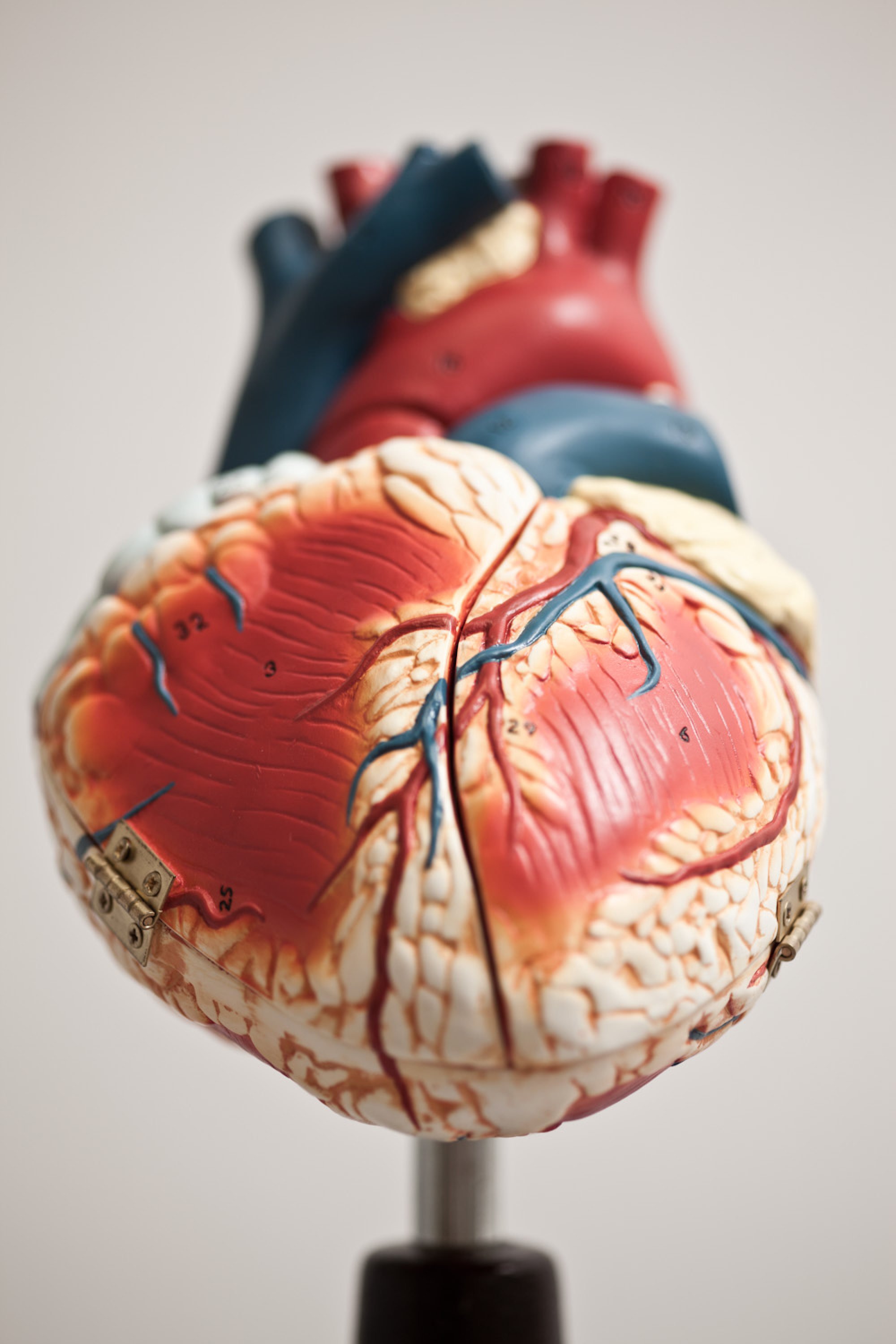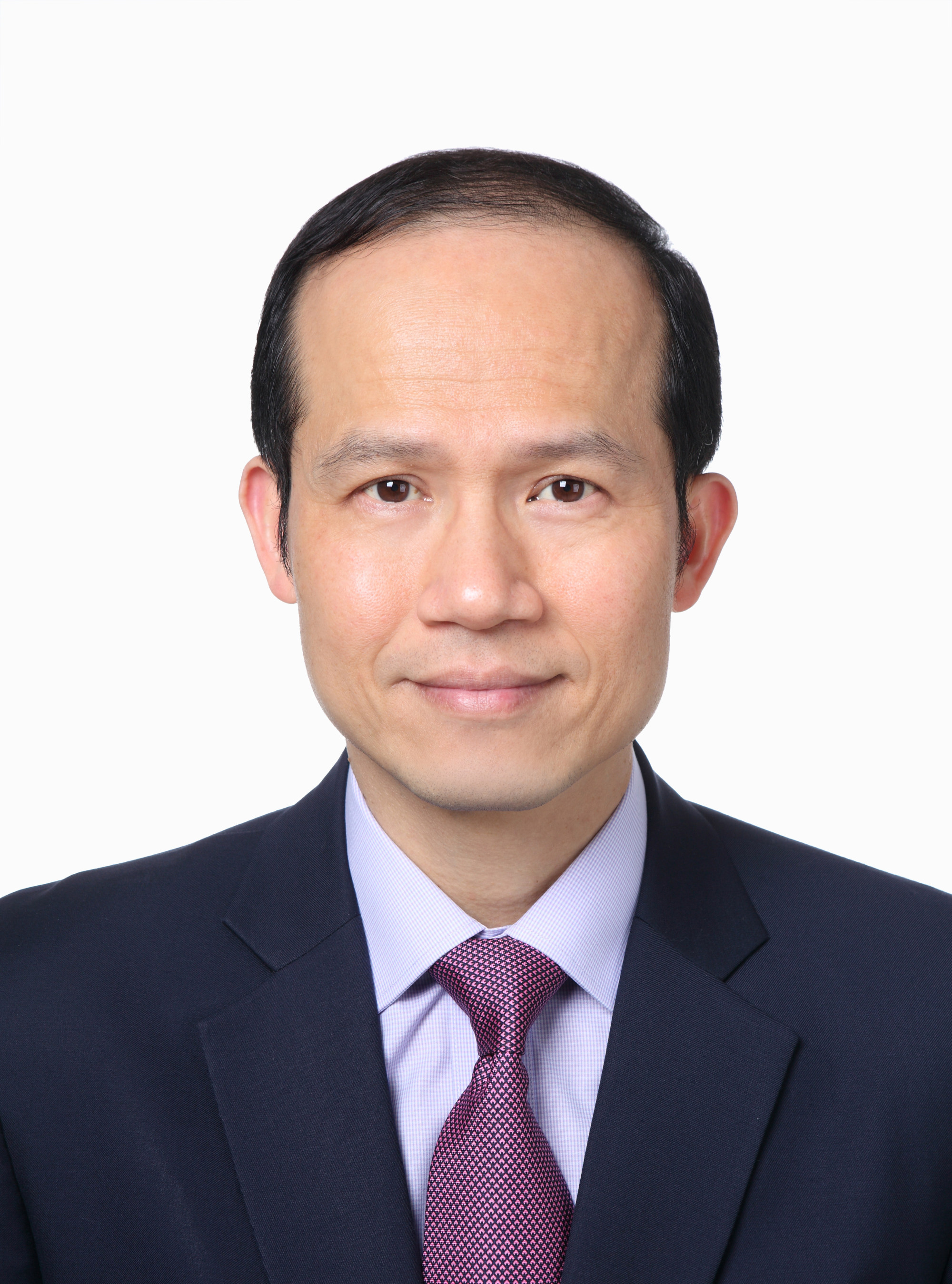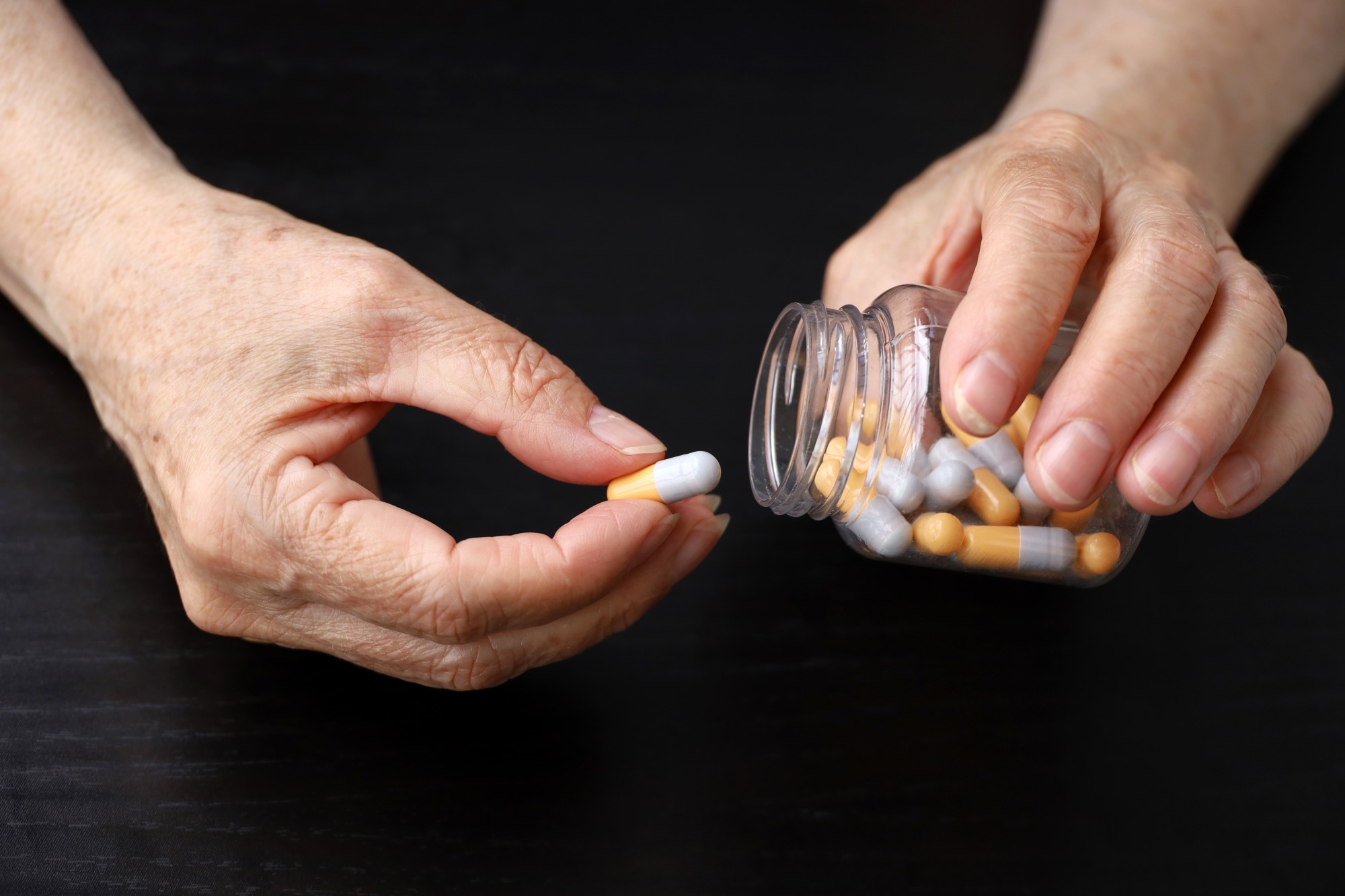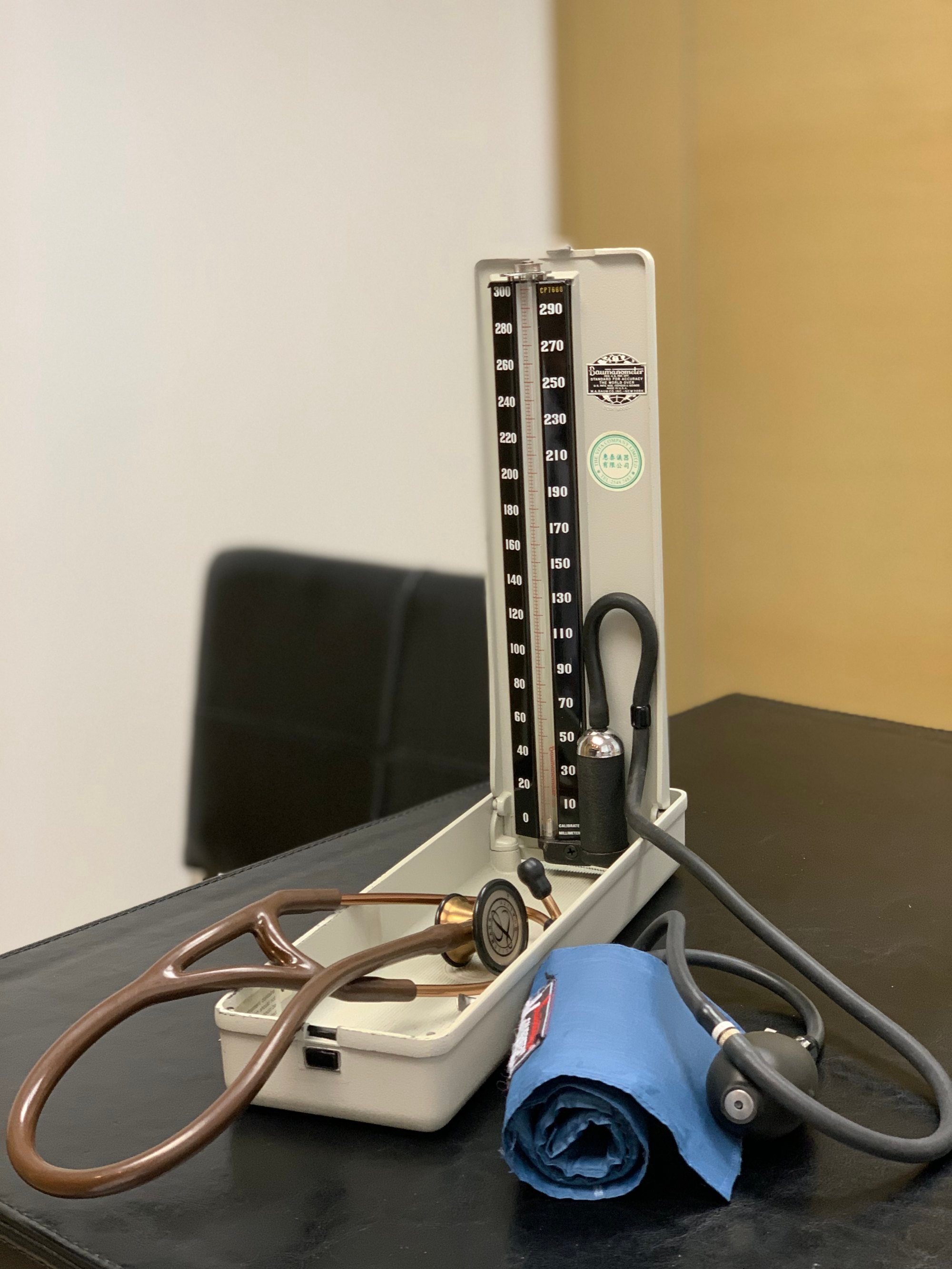
Explainer | Hypertension risks explained, and doctors’ tips on how to prevent and manage it
- Only about half the people with hypertension know they have it, yet it can lead to heart disease, stroke and organ failure if it is not treated
- Lifestyle changes – losing weight, eating healthily, not smoking, doing moderate exercise, getting enough sleep, not stressing – can prevent or delay its onset
At least one in four people you know has high blood pressure. Perhaps you have it. While most of us have heard of this condition, which is also called hypertension, it is often under-diagnosed and under-treated.
Before looking at why that is, it is important to understand what high blood pressure is.
Hong Kong-based cardiologist Andy Chan Wai-kwong explains that blood pressure is measured using two figures – the systolic blood pressure that measures the pressure the heart exerts on the artery walls when it beats, and the diastolic blood pressure, the pressure the heart exerts on the artery walls when it relaxes between beats.
If a person’s systolic blood pressure is over 140 (systolic hypertension) or if one’s diastolic blood pressure is over 90 (diastolic hypertension), or if both are elevated (which is usually the case, and represented by the figure 140/90), then they are deemed to have high blood pressure, says Chan.

There is a misconception that if you feel OK, then your blood pressure must be in the normal range; in reality, hypertension usually has no symptoms.
High blood pressure cases on rise globally – have you checked yours?
“A lot of people, they don’t feel anything – no symptoms at all. It’s only when they measure the blood pressure, they get numbers that exceed the normal range,” says Kathy Lee, another Hong Kong cardiologist.
She says it is not uncommon for doctors to see patients who do not realise they have high blood pressure that has already caused damage.

Hypertension is both preventable and treatable. Consistent monitoring is one of the best ways to gauge whether you have high blood pressure.
Chan recommends all adults measure their blood pressure using a monitor at least once a year. Elderly people should have their blood pressure measured more frequently – and whenever they see a doctor.
Hypertension becomes more prevalent with age as the arteries that pump blood from the heart thicken or harden, Chan says.

In a Hong Kong health department survey conducted between 2014 and 2015, 4.5 per cent of 15- to 24-year-olds had hypertension, while 64.8 per cent of 65- to 84-year-olds did.
How to prevent or delay high blood pressure
Chan recommends adopting a healthy lifestyle. This includes:
-
doing 150 minutes of moderate intensity exercise per week;
-
consuming a low-salt diet, with less than 2,000mg of sodium per day;
-
shedding excess kilos to maintain an ideal body weight;

Those with mild or borderline hypertension can also adopt these lifestyle modifications to decrease their blood pressure, Lee says.
“Mild high blood pressure may not need drug treatment,” she says. “If you do all this, then you may be able to lower your blood pressure by maybe like 10 to 15 [mm Hg], then you may be down to a borderline or normal zone.”
But if a patient’s blood pressure is high, they are likely to need medication to lower it to a safe level.
“Blood pressure pills, they’re not like antibiotics – they are not like drugs that you take for flu or fever, [where] once your illness settles, then you can stop it,” Lee says. “High blood pressure is a chronic condition, and you need the drug long term.”
Third of adults in China have high blood pressure, study says
Because of this, even where high blood pressure is diagnosed, many patients are put off taking medication to lower it. Some elderly patients believe having high blood pressure is normal, while other patients may avoid medication because they do not see immediate benefits and, as a result, ignore their condition.
“We have to explain to them [that] treatment may not give you more comfort now but will decrease long-term complications,” Chan says. “So explanation is really important, but still, some patients don’t want drugs.”
Chan says only about half of all patients who have high blood pressure know about it; of these, only half seek treatment; and of those, only half receive adequate treatment to lower blood pressure.

This means that, approximately, only one in eight people with hypertension receives adequate treatment.
Some patients forgo drugs because they believe that once they begin taking medication, they cannot stop. Starting the medication and stopping, they believe, is worse than not taking medication at all, Lee says.
“I would emphasise to them that’s not the case,” she says.

She has seen cases in which hypertension patients were consistently stressed with work and did not have adequate sleep. But after they retired and implemented healthy lifestyle modifications, their blood pressure returned to a normal range and, under medical supervision, they were able to reduce the drug dosage or stop taking drugs entirely.
In one case, Lee found a strong correlation between her patient’s work and blood pressure. She adjusted their medication, prescribing a higher dose on weekdays than on weekends.
She has noticed that in Hong Kong, a lot of younger hypertension patients have stressful jobs.
How to prevent heart disease: health checks, stay active and don’t smoke
A patient who worked for a bank told Lee that her whole team had high blood pressure so they kept a blood pressure monitor in the office to use.
If left untreated, hypertension can result in major complications. The main reason doctors prescribe pills and advise lifestyle modifications is to safeguard a patient’s long-term health, Chan says.
“I always say to my patients, hypertension is actually treatable,” she says. “As long as it’s adequately treated … the complications will be greatly minimised.”

